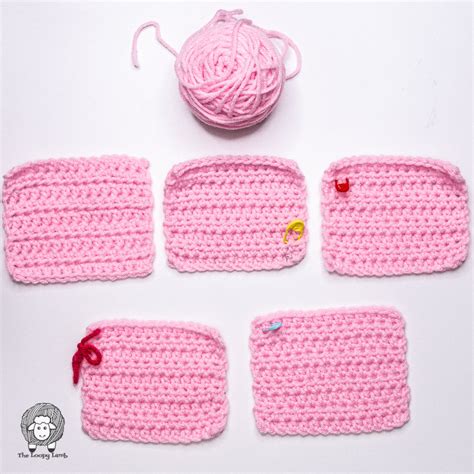How to Soften Acrylic Wool: A Guide to Cozy, Comfortable Fabrics
Acrylic wool, while affordable and versatile, can sometimes feel scratchy and stiff. This can be a problem for garments, blankets, or other projects where softness is key. Fortunately, there are several methods you can use to soften acrylic wool, transforming a scratchy fabric into a cozy and comfortable one. This guide will walk you through the best techniques, helping you achieve that perfect level of softness for your creations.
Understanding Acrylic Wool and its Stiffness
Before diving into softening techniques, it's helpful to understand why acrylic wool can feel stiff. Acrylic fibers are synthetic, unlike natural wool, and their structure can lead to a rougher texture. The manufacturing process also plays a role; some acrylic yarns are intentionally made more rigid for specific applications.
Key Factors Affecting Stiffness:
- Type of Acrylic Yarn: Different acrylic yarns have varying levels of softness. Some are designed to be inherently softer than others.
- Washing and Drying: Harsh washing and drying methods can exacerbate stiffness.
- Project Construction: Tightly knitted or crocheted projects can feel less soft than those with looser stitches.
Effective Methods to Soften Acrylic Wool
Several methods can effectively soften your acrylic wool projects. Here are some of the most reliable and popular techniques:
1. Fabric Softener in the Wash
This is the simplest method and often yields good results. Add a fabric softener to your final rinse cycle when washing your acrylic wool item. Follow the instructions on the fabric softener packaging.
Pro Tip: Opt for a high-quality fabric softener designed for delicate fabrics to avoid damaging the acrylic fibers.
2. Vinegar Rinse
White vinegar acts as a natural fabric softener and can help to relax the fibers of your acrylic wool. Add about ½ cup of white vinegar to the final rinse cycle. Avoid using colored vinegar, as it could stain light-colored fabrics.
3. Baking Soda Soak
Baking soda can help to remove any residual detergent and soften the fibers. Soak your acrylic wool item in a solution of cold water and baking soda (about ½ cup per gallon of water) for about 30 minutes before washing as usual.
4. Air Drying Techniques
How you dry your acrylic wool significantly impacts its softness. Avoid using a machine dryer, as the heat can set the stiffness and potentially damage the fibers. Instead:
- Flat Drying: Lay your garment or project flat on a clean, dry surface to air dry. This is the gentlest method and helps to maintain the shape and softness.
- Gentle Stretching: While the item is still slightly damp, gently stretch it to relax the fibers and prevent shrinkage.
5. Steaming
Steaming can help to relax the fibers and improve the overall softness of your acrylic wool. Use a handheld steamer, holding it a few inches away from the fabric, and gently move it across the surface. Be careful not to hold the steamer in one place for too long, as it could damage the fabric.
6. Washing with Gentle Detergents
Harsh detergents can contribute to stiffness. Use a gentle, pH-neutral detergent specifically designed for delicate fabrics.
Maintaining Softness in Acrylic Wool
Once you've achieved the desired softness, maintaining it is crucial. Here are some tips:
- Gentle Washing: Always wash your acrylic wool items gently, using a delicate cycle and cool water.
- Avoid Harsh Chemicals: Avoid using bleach or strong detergents.
- Proper Storage: Store your acrylic wool projects properly to prevent damage and maintain their softness.
By following these methods and tips, you can significantly improve the softness of your acrylic wool projects, creating comfortable and cozy items that you'll love. Remember, the best method may vary depending on the specific type of acrylic wool and your desired level of softness. Experiment with different techniques to find what works best for you.
